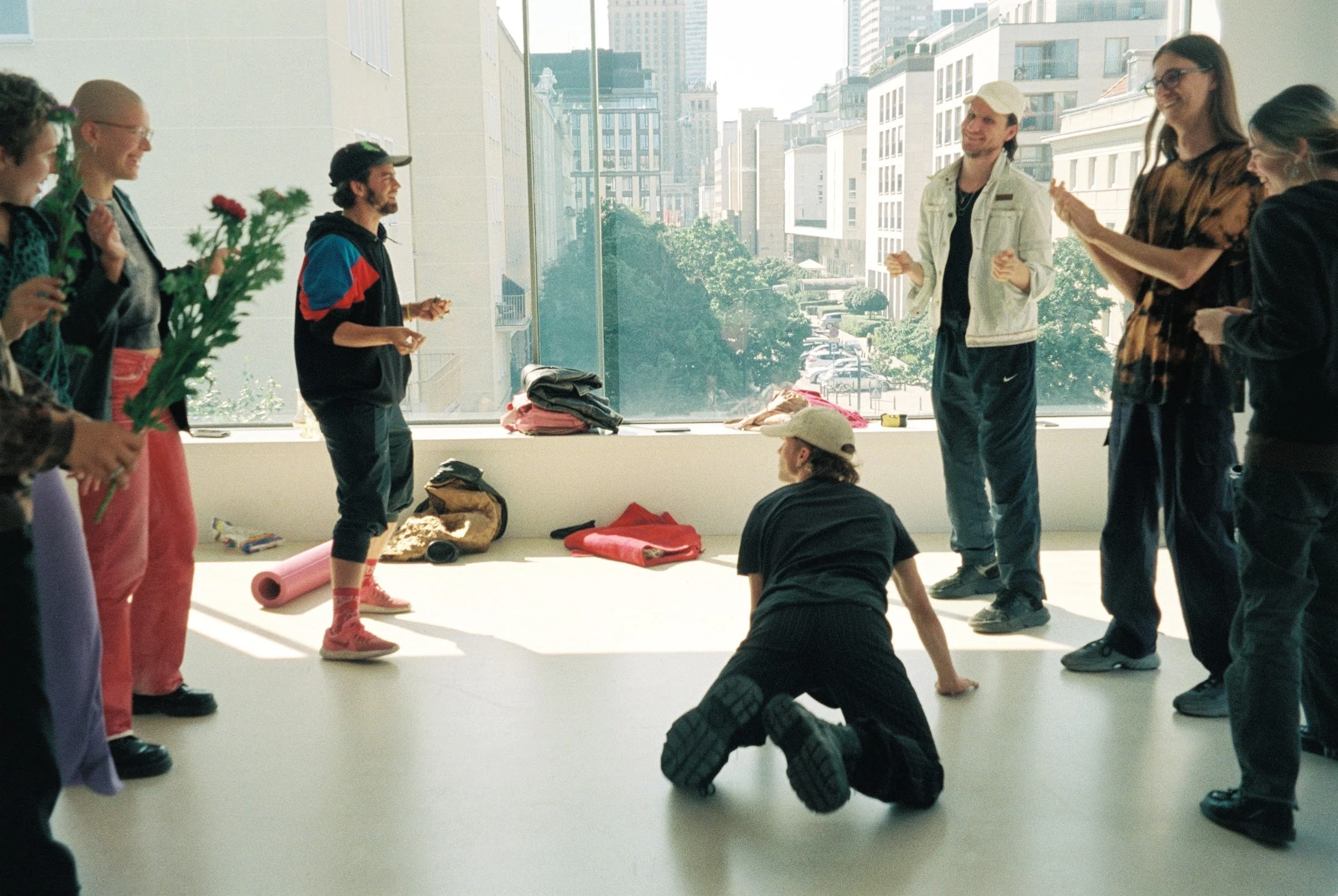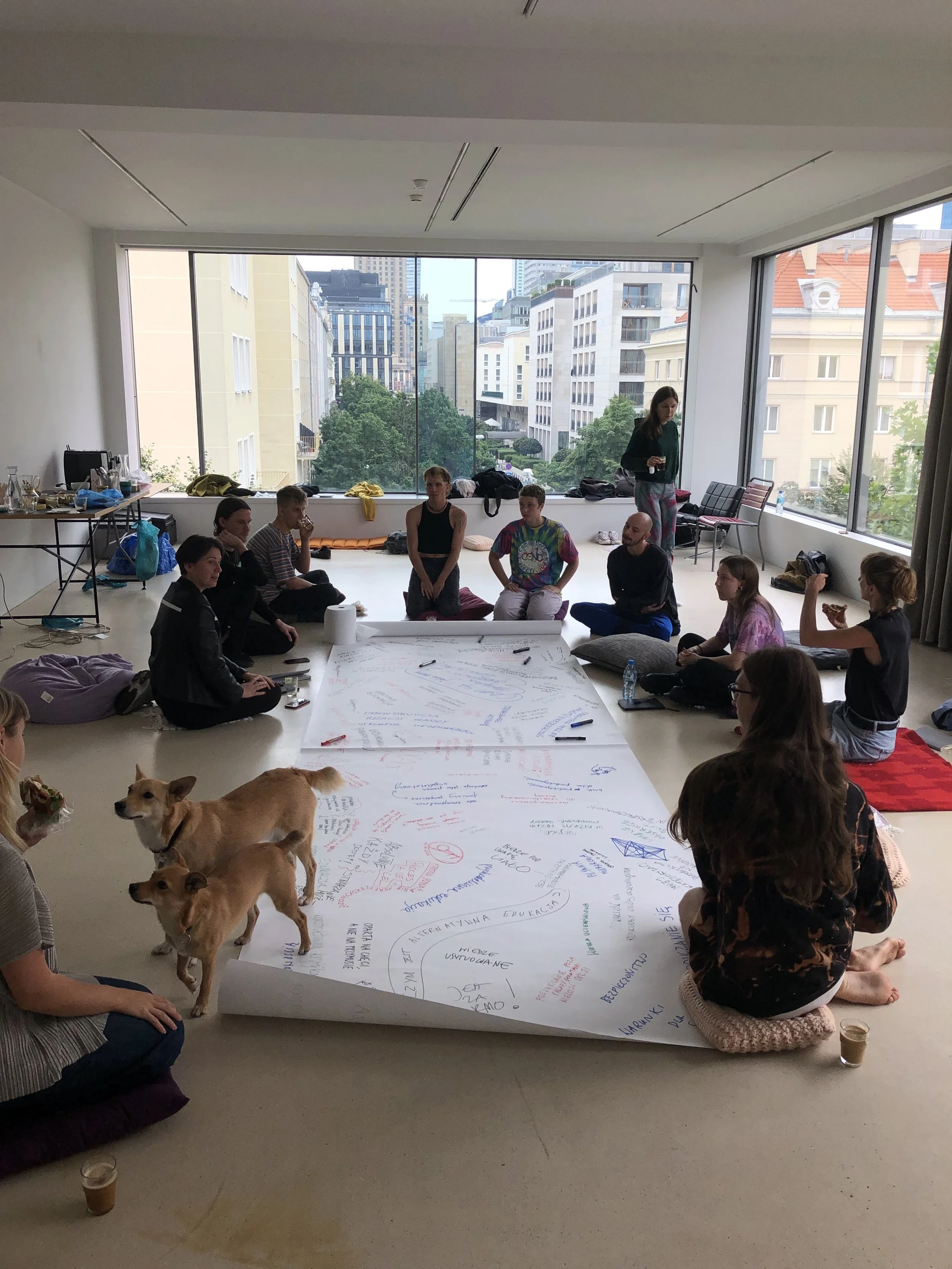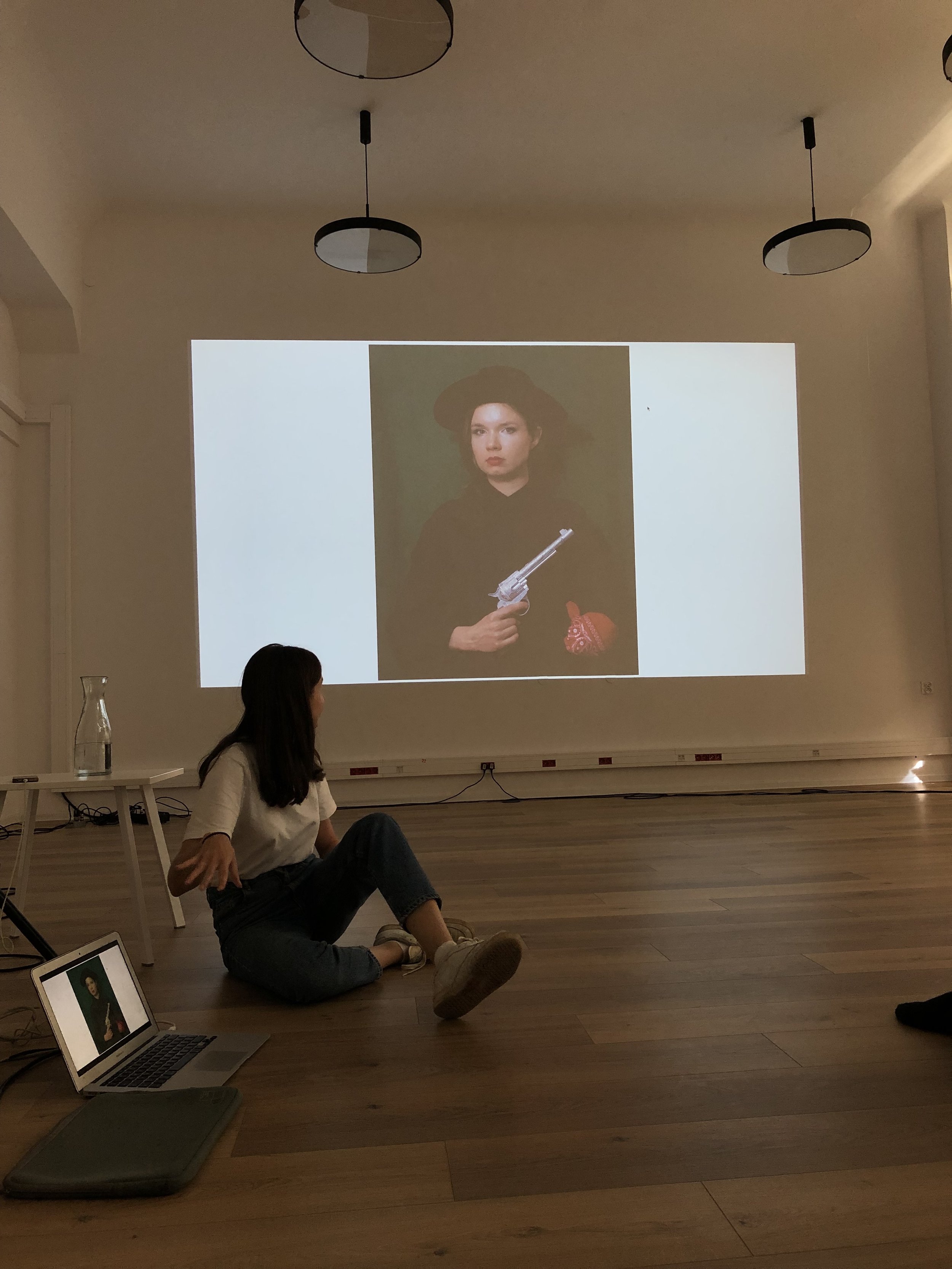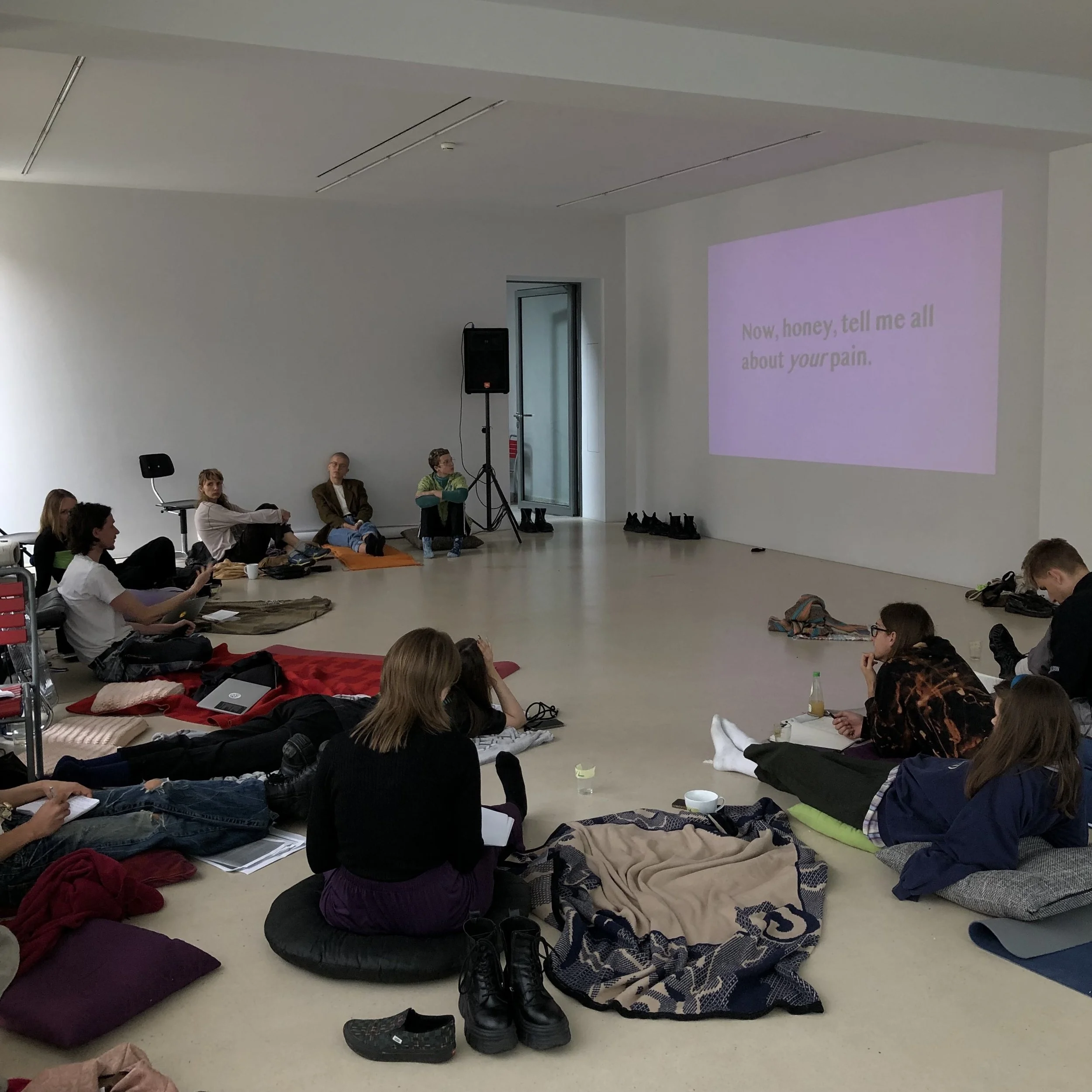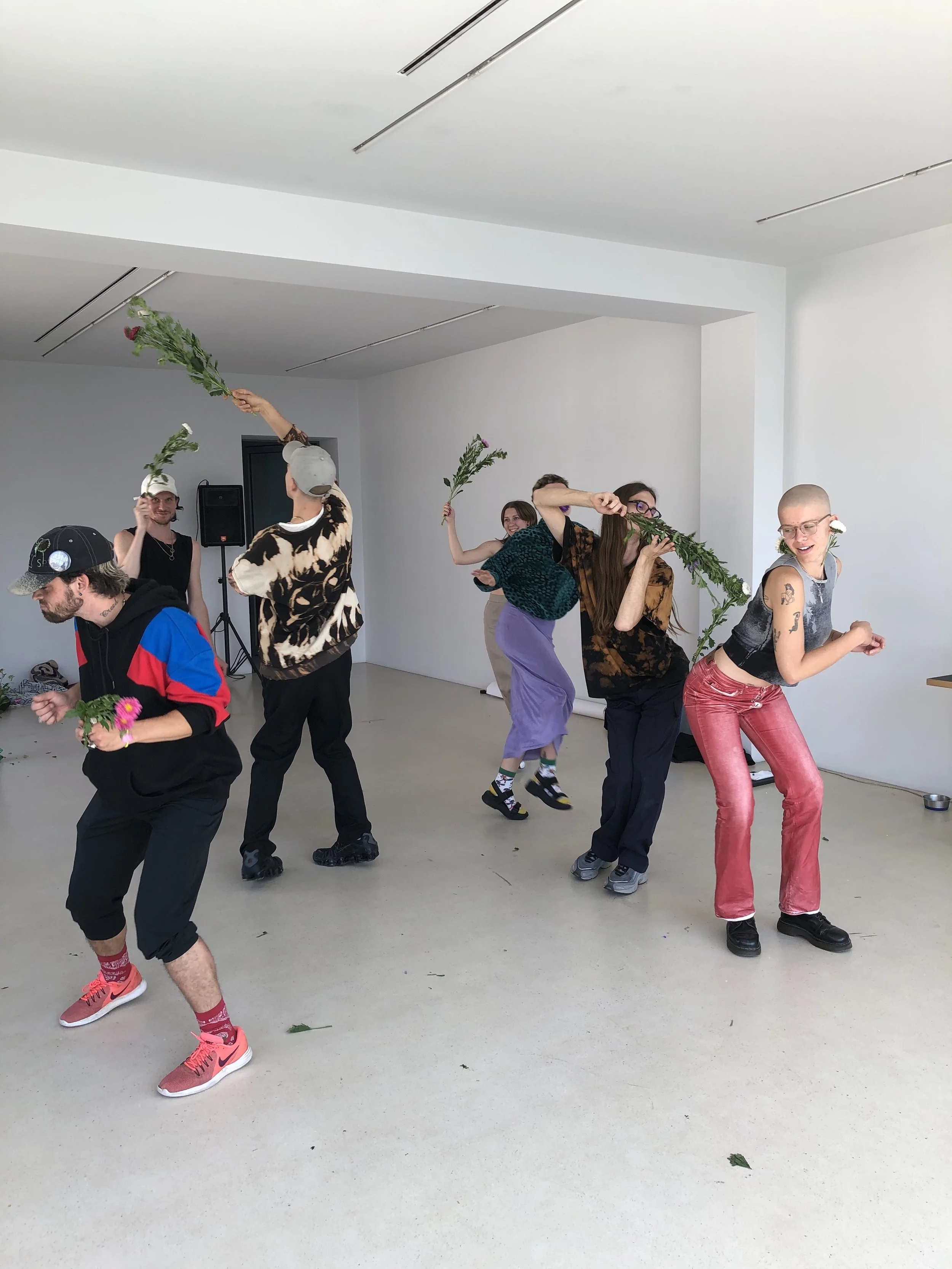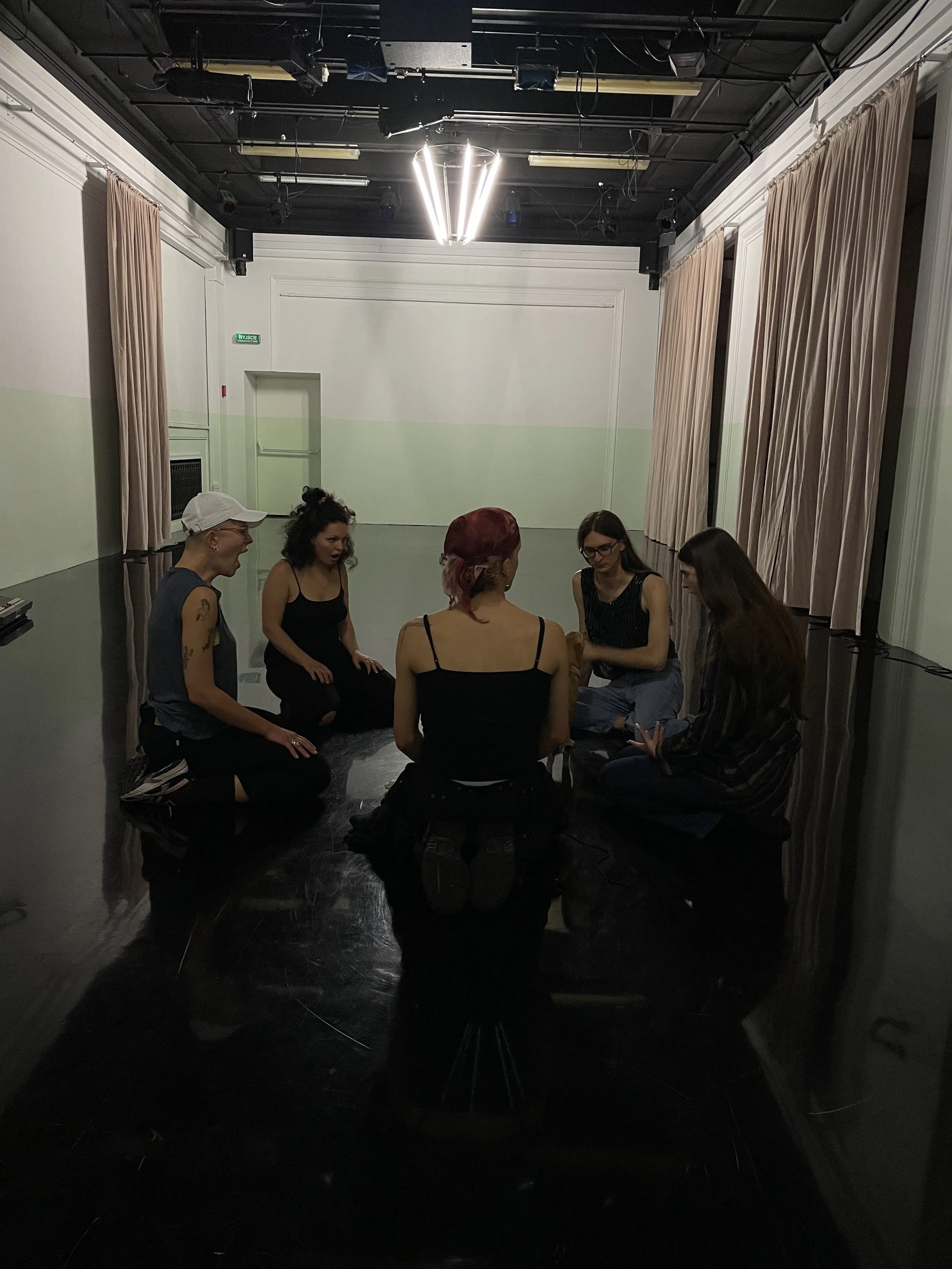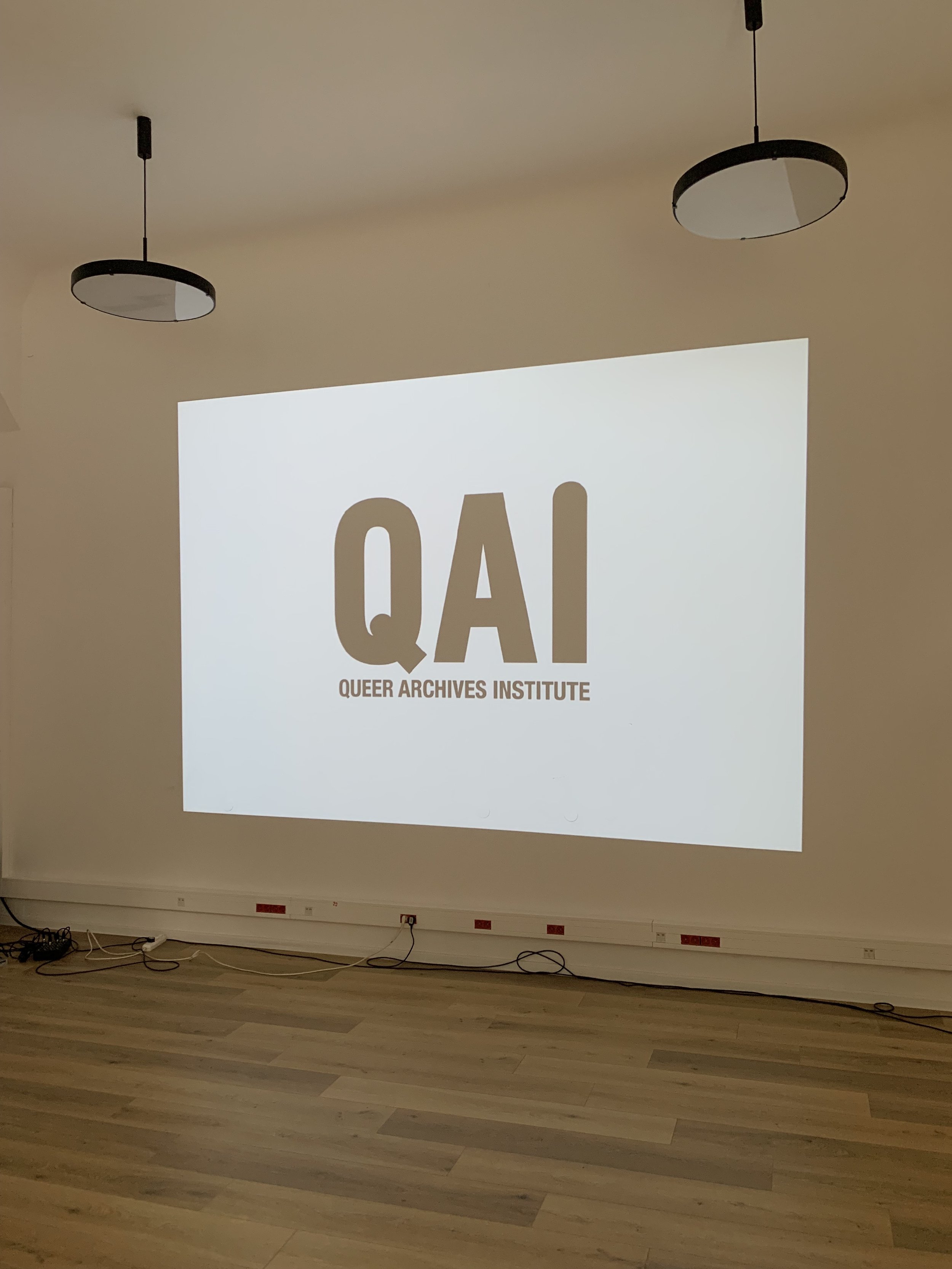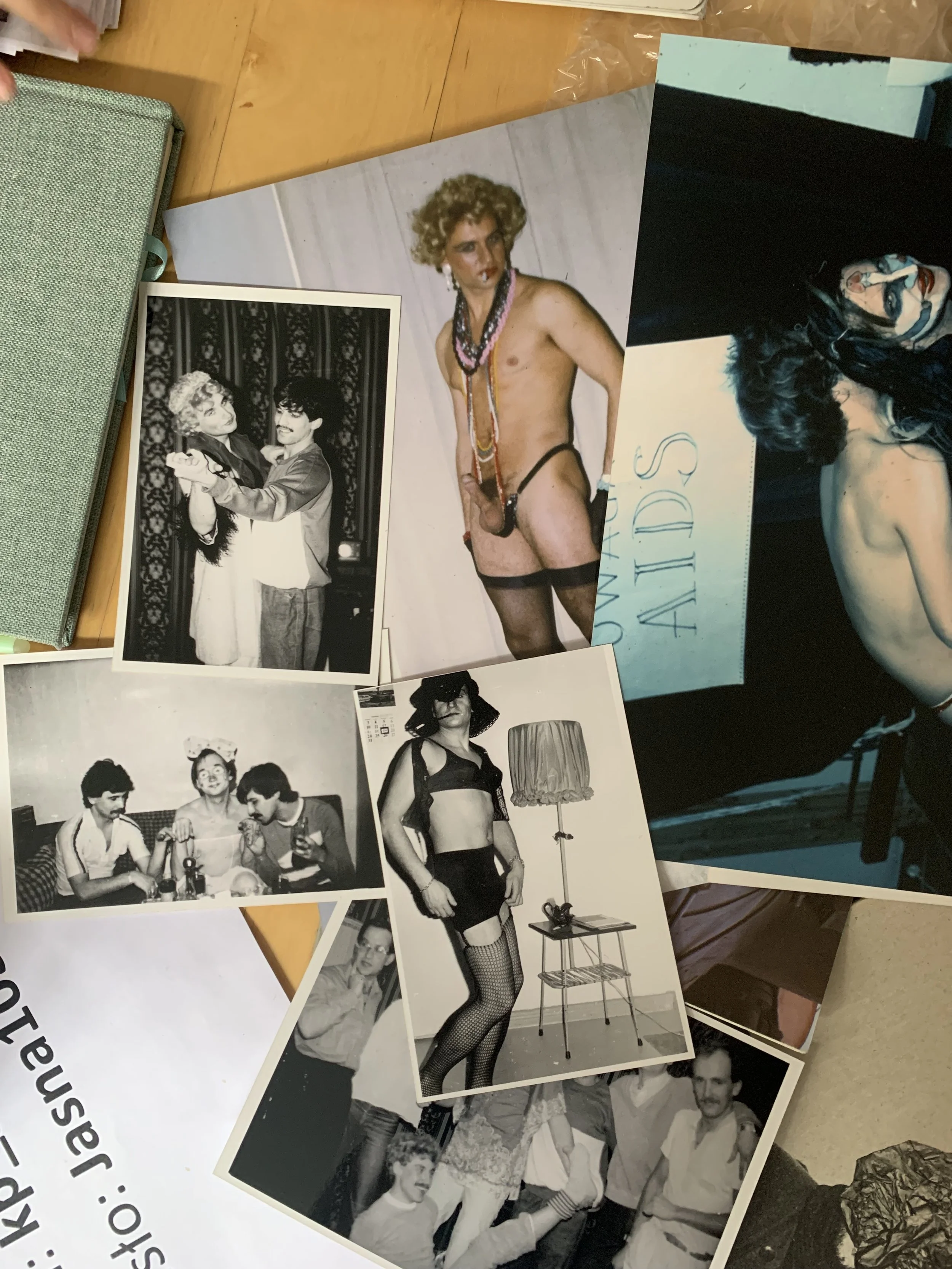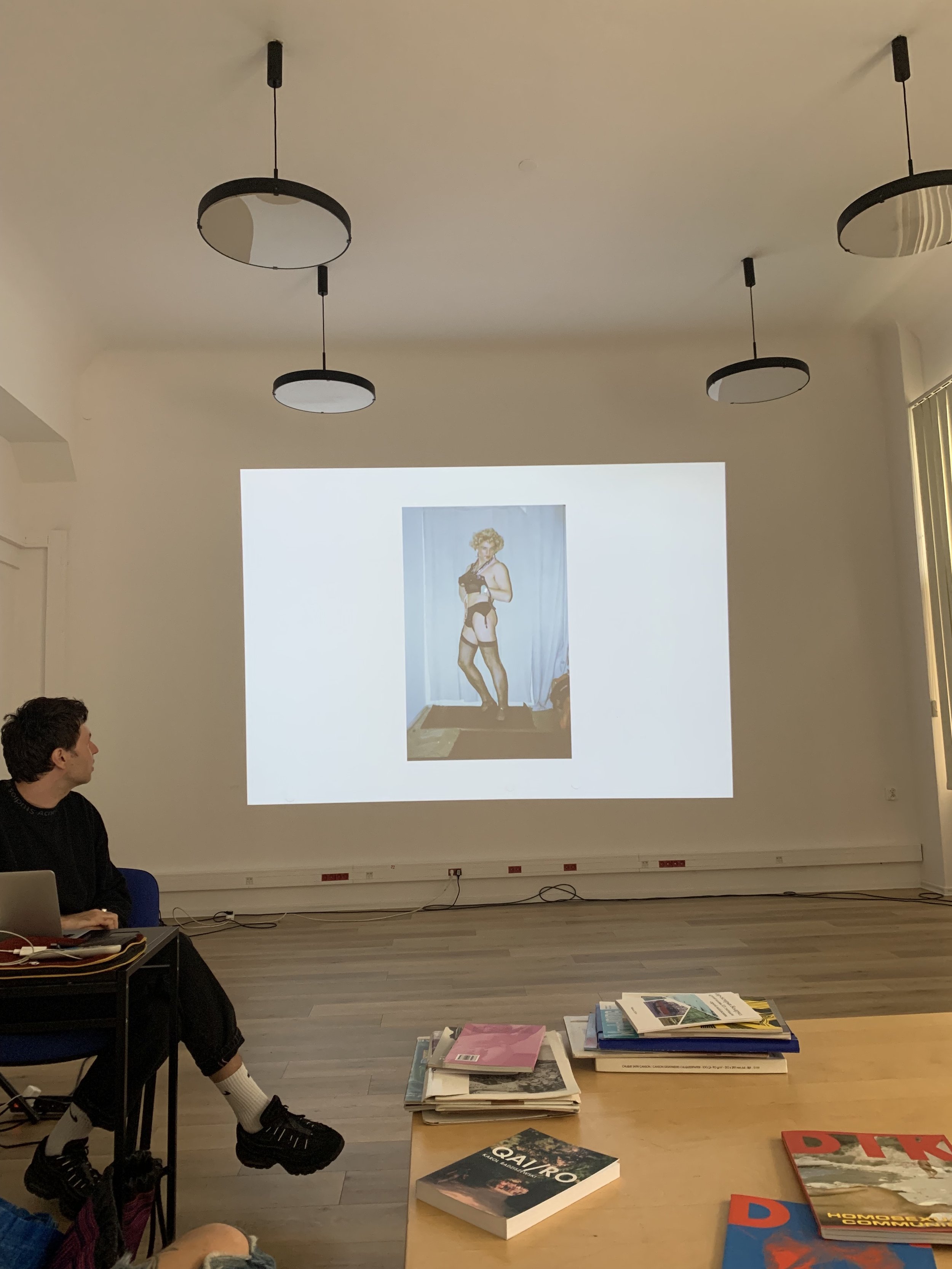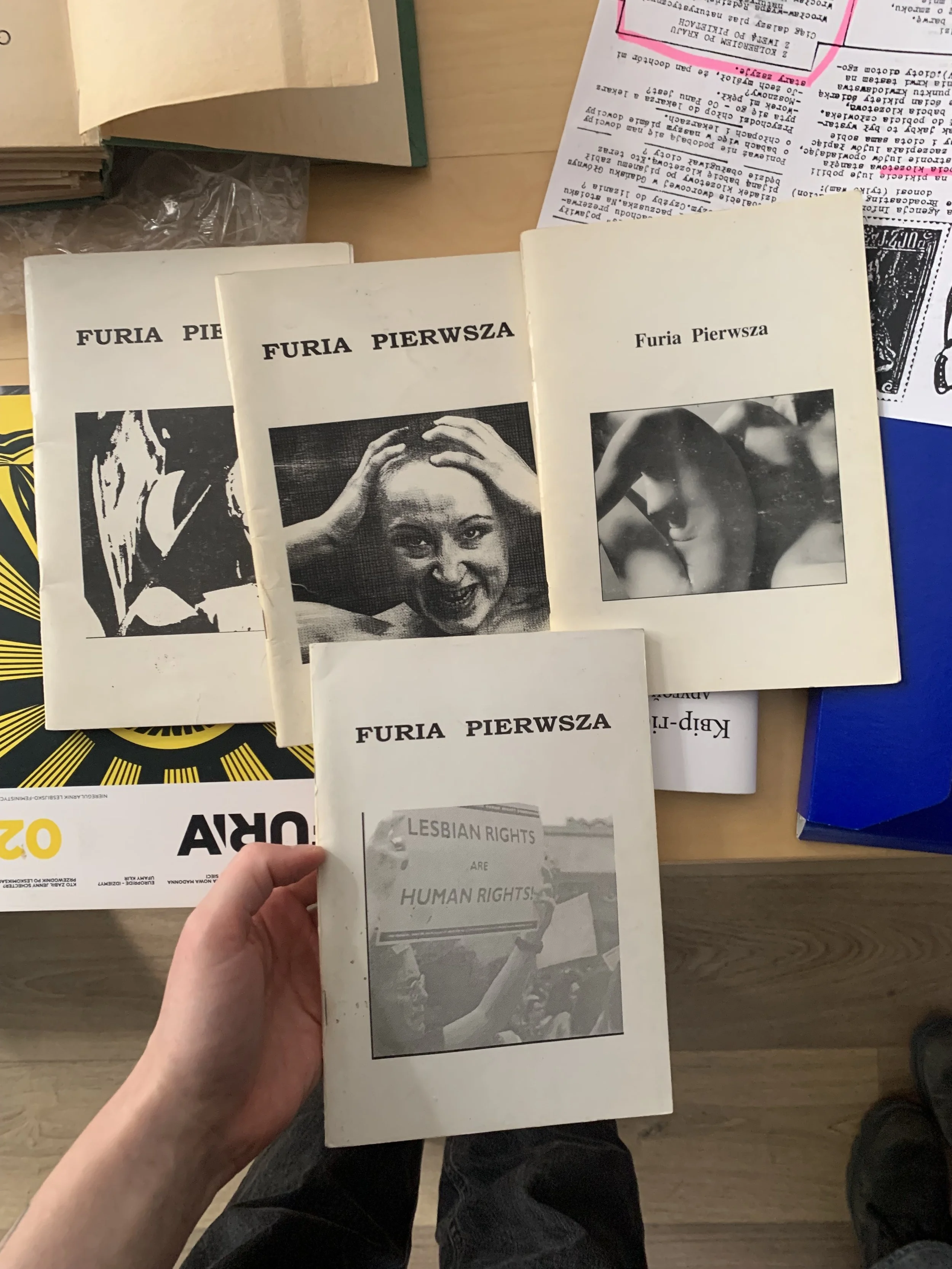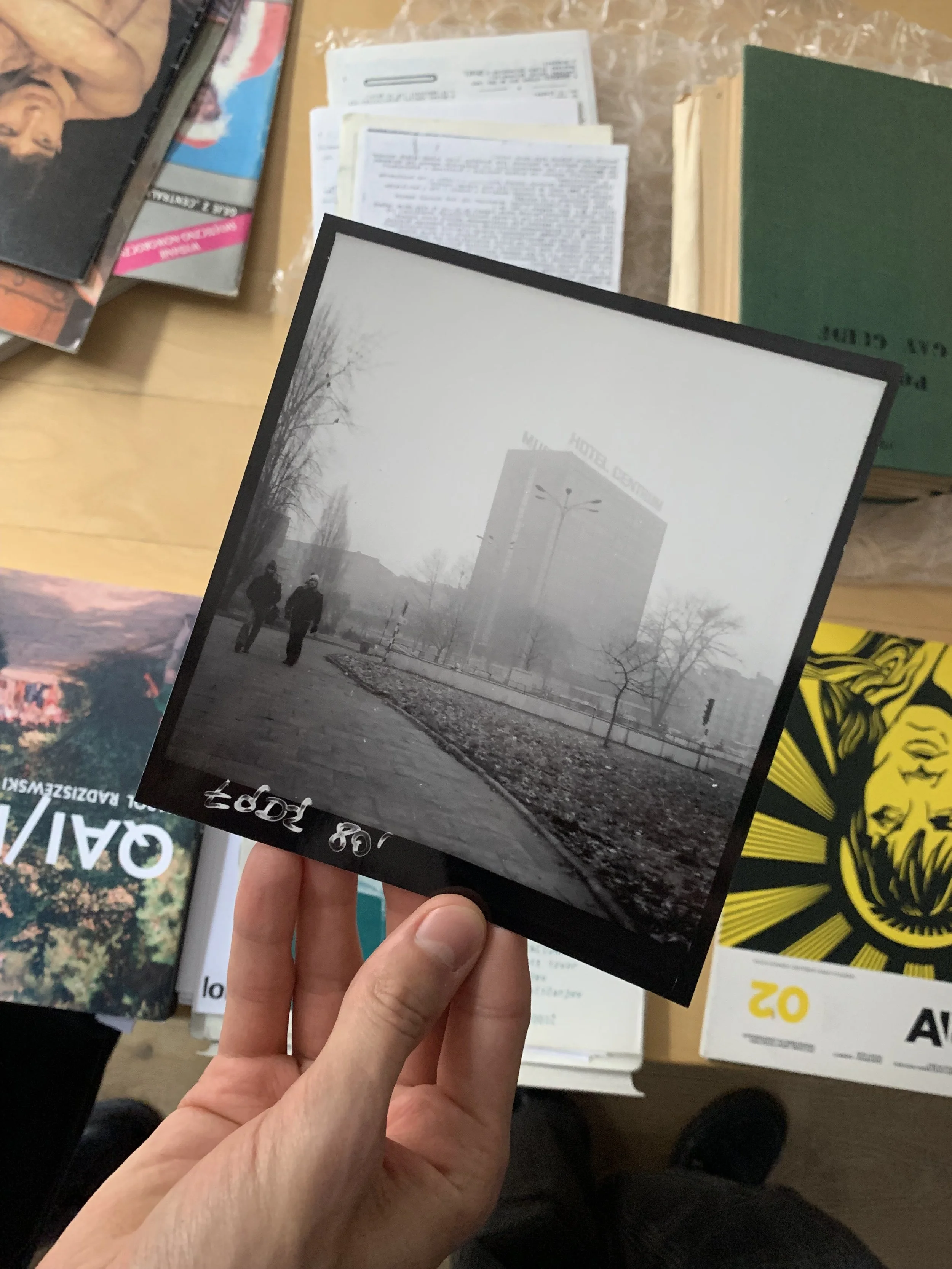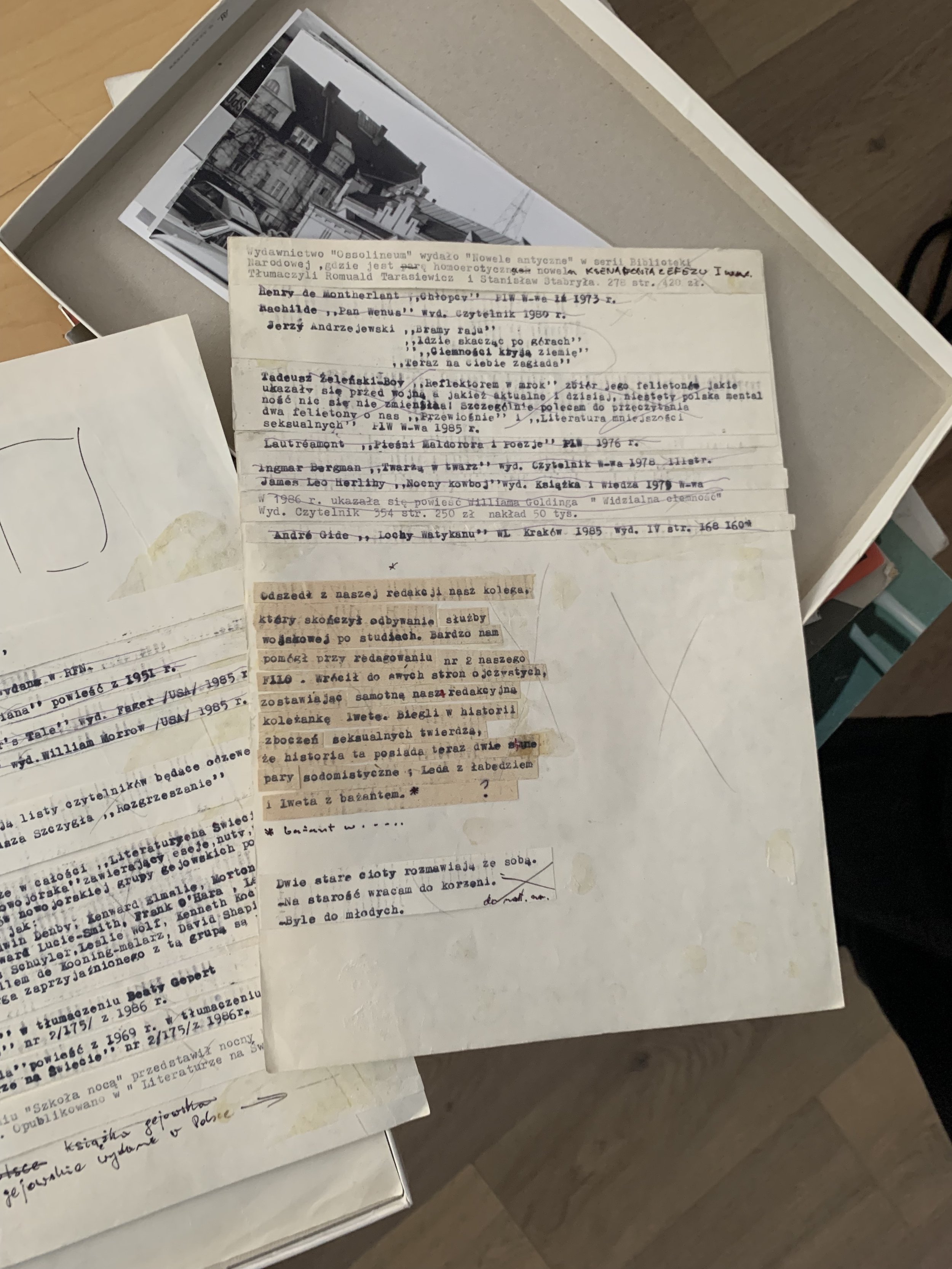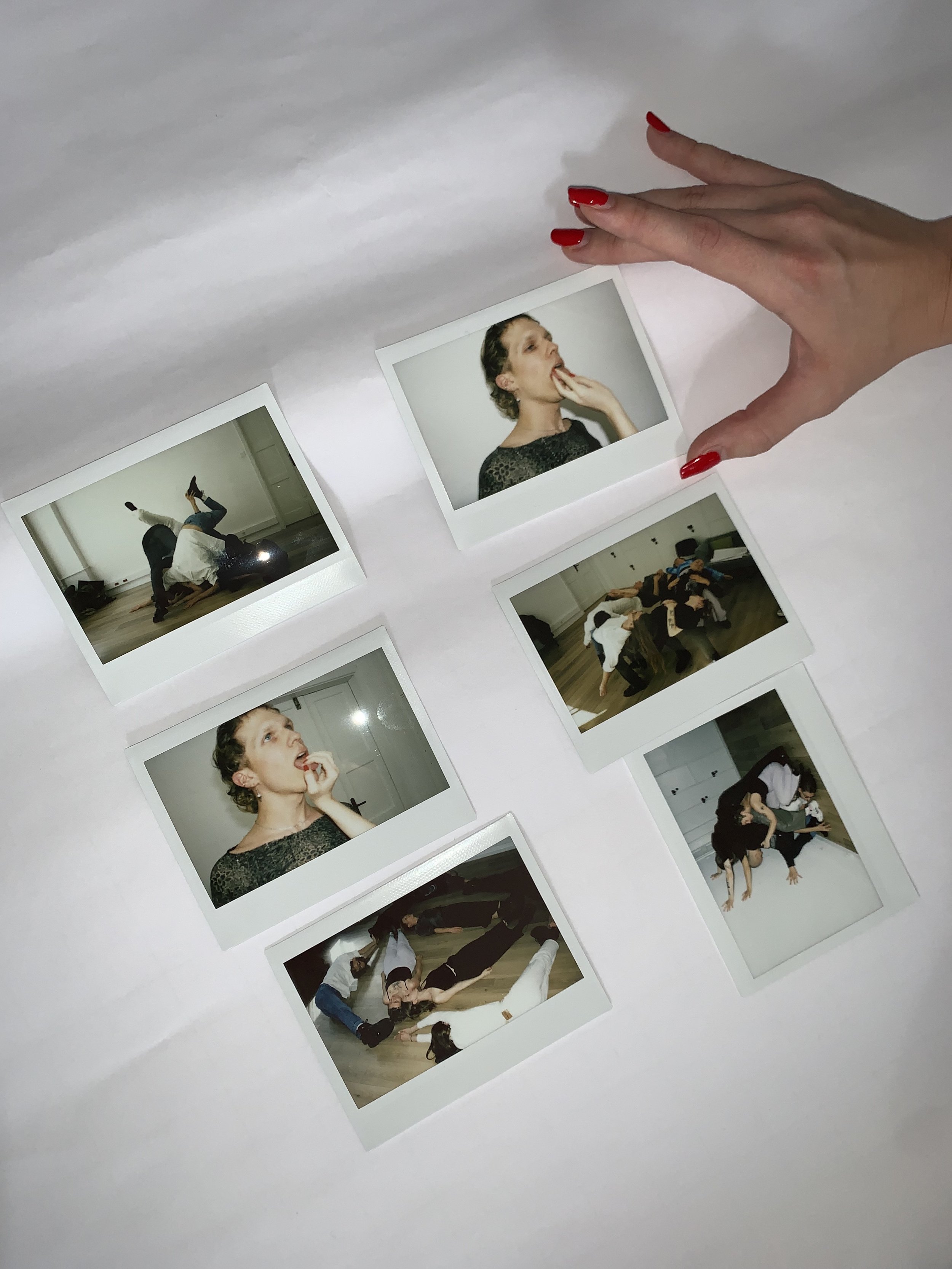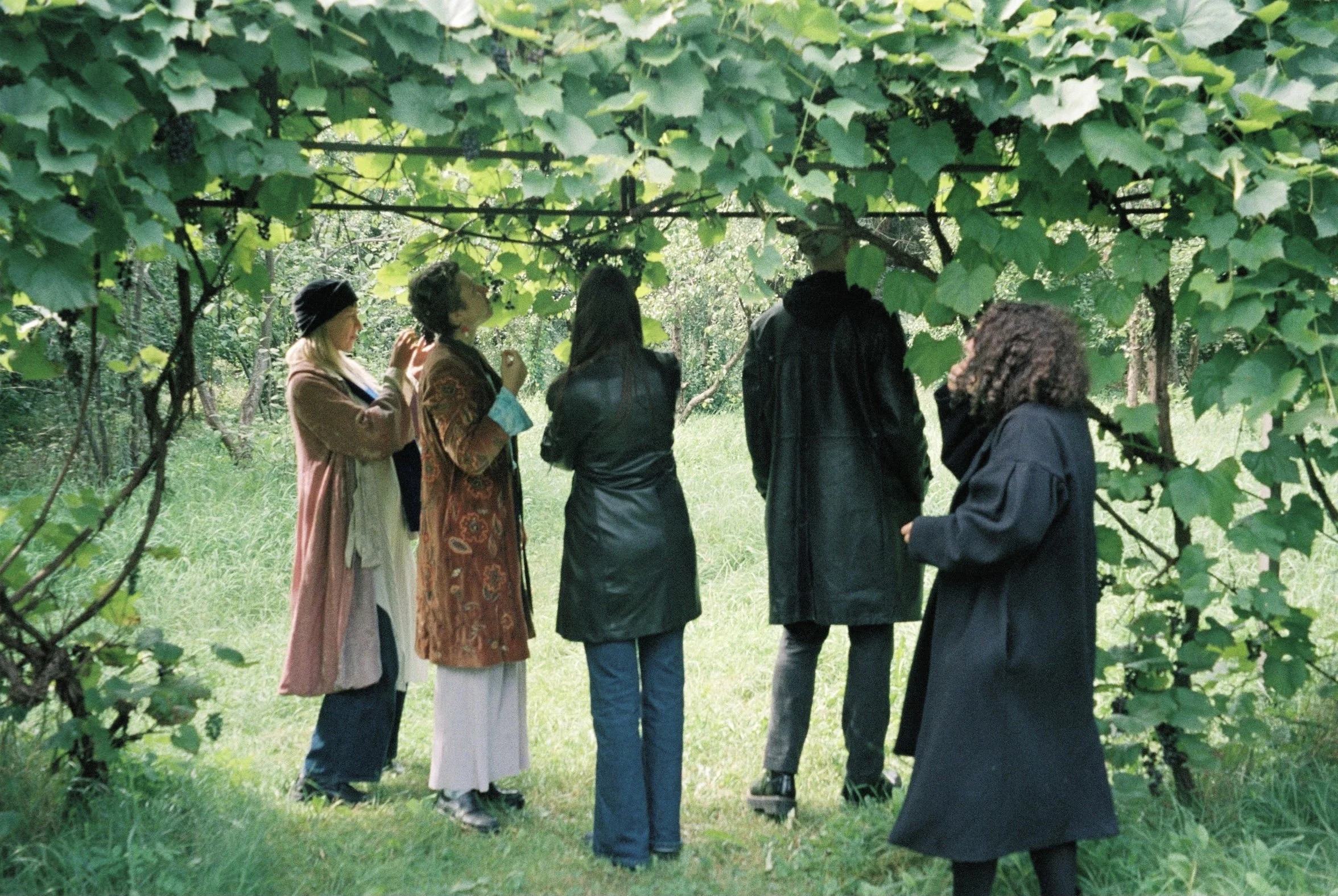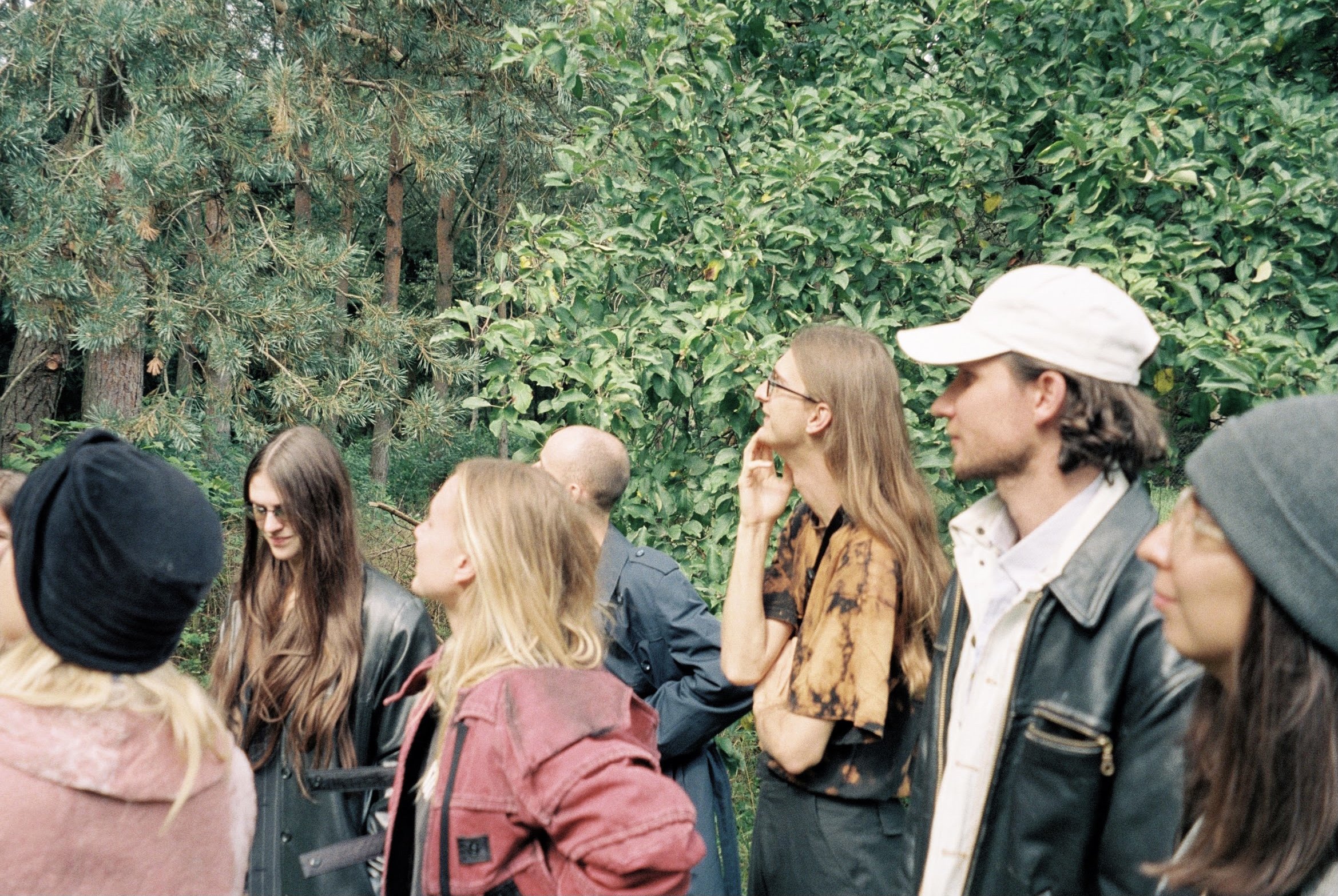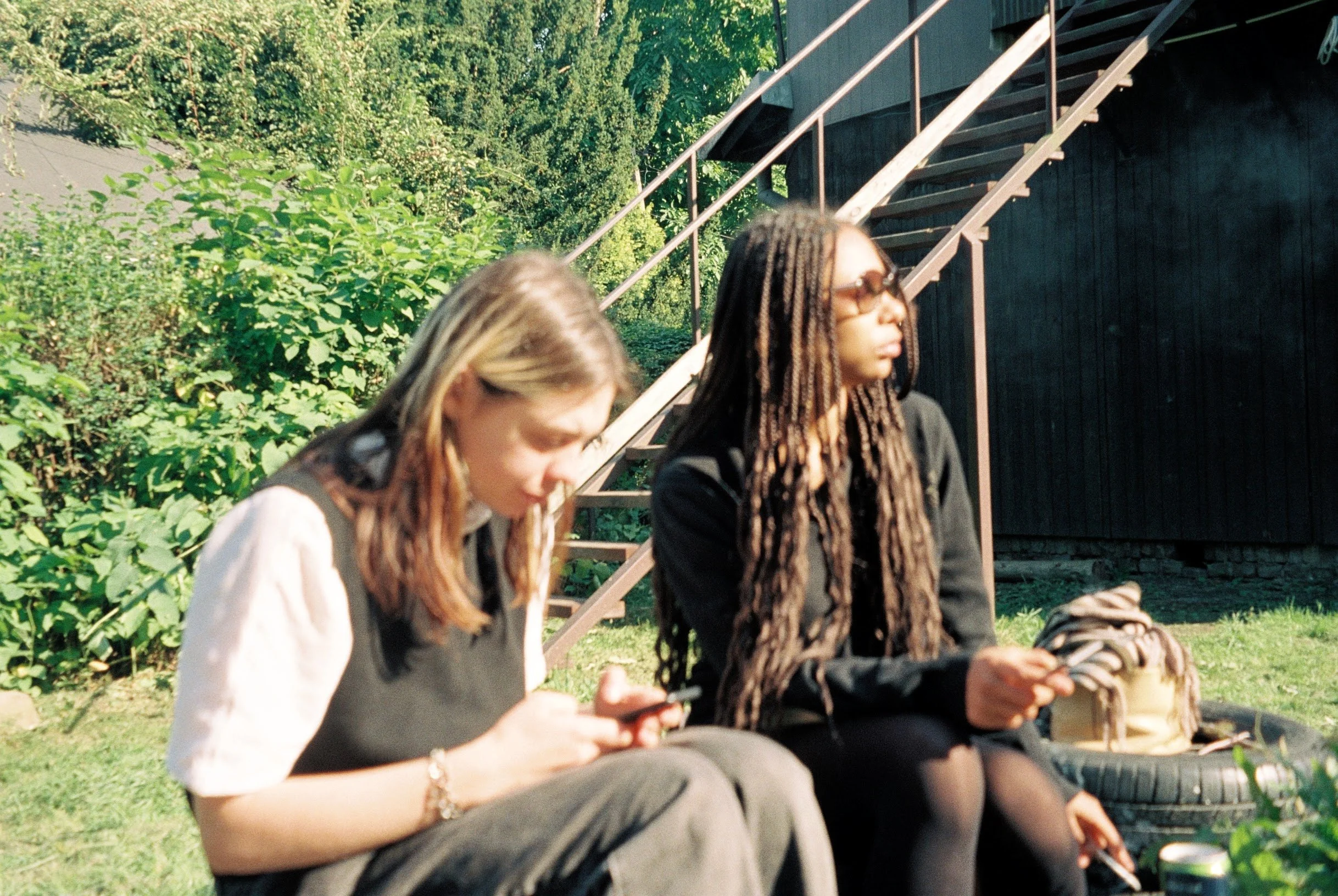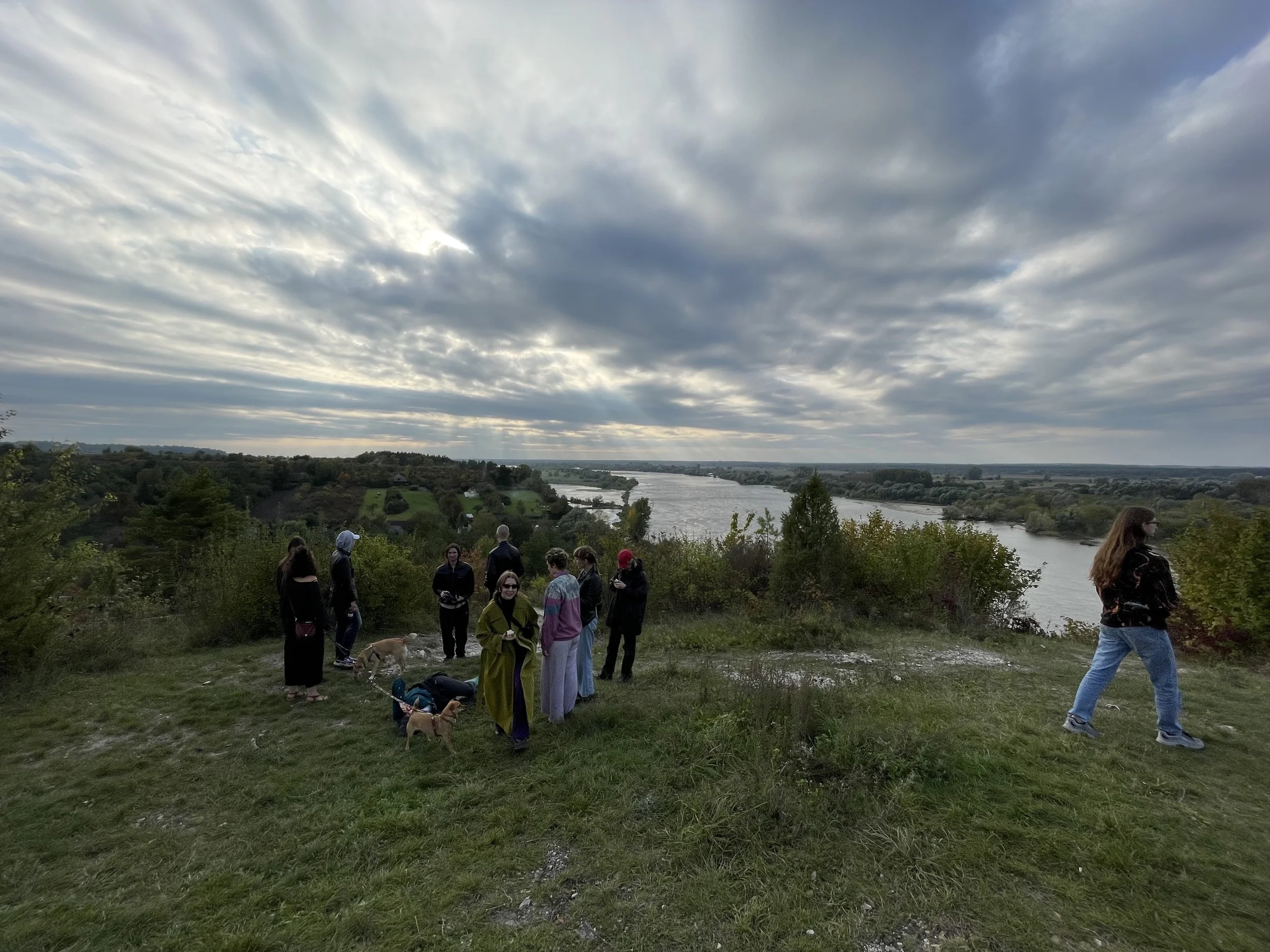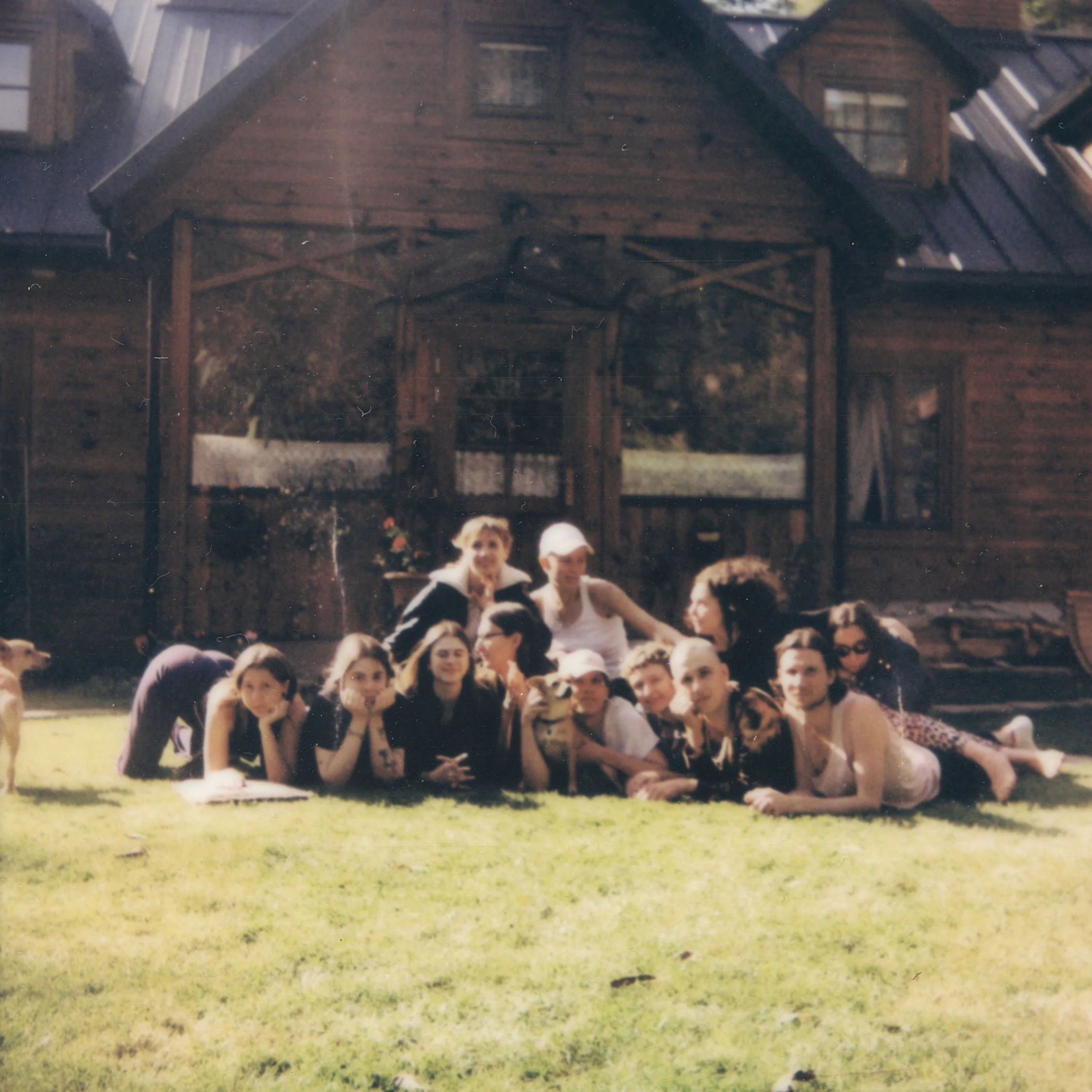Kem School 2021: Summary
The first edition of Kem School closed on Friday, 1st of October 2021. While the breadth of learning experiences and knowledge created in the process isn’t possible to exactly portray online, here is an overview of what took place, accompanied by visual documentation. This is both an attempt at archiving the process and a tool for future applicants to Kem School to use as a reference.
Mentoring
The mentoring process was led by Alex Baczyński-Jenkins and Ania Nowak. Premised on the notions of critical and experimental pedagogies, mentoring functioned as the ongoing digestive system of the School. It mediated the collective articulation of knowledge and the connections emerging across all the different aspects of the school, as well as the interweaving of the participants' individual and collective practices.
Mentoring/mediation was a space of reflection, practiced through introducing tools of shared mapping/diagramming, feedback, discussions, choreographic score writing, exercises in collaboration and performative translations. The mentoring/mediating process was intended as a way to accumulate knowledge, pool resources, bring attention to the proximity and movements between theory and practice and draw connections between the various elements of the programme as well as the participants' individual practics.
A tool mobilized to this end was the ‘papyrus’, a sprawling collaborative mindmap bridging different registers of knowledge: textual and visual, imagined and embodied, focused and diffused, auto-fictive and research-based. Communally pooling references together, the mindmap coalesced strands of the learning process and at the same time opened up to building the network outwards.
Experiences
One of the strategies employed in the group-forming process was leadership in flux: the participants were invited to embody and share different roles, depending on the circumstances, emergent needs and intuitions. This process was open to the participants as well as the organisers in order to circumvent habitual systems of hierarchy in the shared learning process.
Some of the spaces facilitating this were Morning Practices and Experiences: scheduled sessions during which one of the participants engaged the rest in a proposed activity relating to their research or responding to the group’s needs. Morning Practice workshops were devised to communally prepare each body and mind for the day’s challenges or process the outcomes of the previous day; while Experiences were conceptualised by each participant to share knowledge about their individual art practice with the group. Some of the other forms the communal knowledge-sharing took were non-specialist lectures, group improvisations, film clubs and reading circles, choreographic warm-ups, guided meditations and grounding practices. Registers of knowledge were in flux, mobilising the embodied, the lived, learned, intuited and imagined.
Workshops and seminars
Each week involved workshops and seminars led by different artists, researchers, choreographers, activists and other cultural practitioners. The sessions varied in length and scope: some were one-off experiences, and some were courses unfolding over the span of a few days or weeks; some happened in blocks and some in intervals. The contents were performative, political and academic – all were interconnecting these registers to facilitate rehearsing methods of politically conscious attention, non-normative bodily grammars, and collective responsibility.
The guests of Kem School 2021 were:
Natalia Sielewicz
Geo Wyeth
Wiktor Bagiński
Mathias Ringgenberg (PRICE)
Karol Radziszewski
Yulia Krivich
Will Rawls
Ramona Nagabczyńska
Lyrical reading seminar with Natalia Sielewicz
Writers-activists such as Audrey Lorde, bell hooks, Eileen Myles and Chris Kraus taught us that writing isn’t only a means of self-exploration, but that our writing, speaking and performing bodies gain the most power when we use them as a political weapon. Natalia Sielewicz’s lyrical reading seminars offered a framework for reflecting on how affects, visual and bodily, have a direct and analytical way of weakening the dominance of that which is the loudest – one’s own ego – in the name of a polyphony. We used music and critical texts in theories of queer feminism, posthumanism and decolonialism from authors such as McKenzie Wark, Keller Easterling and Sarah Ahmed. Departing from Donna Haraway, we asked: what new forms of kinship can we imagine in these times of increasing divisions and cultural appropriations? Can a body inhabit another, different body? In what way does public culture rely on the “institutions and ideology of intimacy”, at the same time contributing to the privatisation of sexuality and sexualising the individual? Can we imagine new forms of ethics, detached from the culture of hyperindividualism, moving instead towards intimacy with the planet, with technology and non-human beings?
(adapted from a description by Natalia Sielewicz)
Geo Wyeth: Entrances and Exits as Liberatory Spaces – a workshop on threshold variability in performance
What is threshold? As performers, when do we know that we are “there”, that the performance has begun? Or ended? When and where do we come in?
In this workshop, we worked to debunk the binary of presence and absence, beginning with the body and all of its ghosts. Integral to this practice was thinking through alternative notions of presence and communication through time/space at the threshold of “the entrance." We focused on the various ways our bodies enter and leave the space, experimenting with movement, sound, signal, and touch. Included in this conversation was a brief shared history of the senses articulated through Western history and culture, and a dialogue about context and being “seen.” We also looked at different examples of “entrance” in film/TV, music, and theatrical performance, asking the question: Can the extension of threshold create the potential for a liberatory space?
(description by Geo Wyeth)
Ramona Nagabczyńska: working with the voice
At the basis of Ramona Nagabczyńska’s workshop was the practice of reaching for that voice which lies underneath the symbolic field. This voice is an effect of bodily introspection focused both on organic matter and on the unexpressed psychic needs trapped in the body. Perhaps we could find out that both these areas are interrelated, and the type of their relationship is that of a feedback loop. We unlocked the mouth, allowing all the cultural detritus to exit and saw what is brewing underneath. Are contemporary cultural practices allowing us to realise all our human needs? Are our voices indeed ours, or have we allowed ourselves to be colonised by them? Can old vocal rituals have their contemporary equivalents? The workshops were an opportunity to add more questions to this list.
(adapted from a description by Ramona Nagabczyńska)
Mathias Ringgenberg (PRICE): Abundance
Read more about Mathias’s workshop and the public performance it culminated in here.
Wiktor Bagiński: Minority Stress Reduction Institute
Minority stress is understood as the additional emotional burden weighing on those belonging to socially stigmatised groups. The exercises undertaken during Wiktor Bagiński’s workshop allowed us to hold a collective discussion about the tensions arising from racial, sexual, ethnic, national, and gender identities, and to consider the dominance of whiteness in the spheres of politics, media and culture.
Karol Radziszewski: Queer Archives Institute
The Queer Archives Institute is a project founded by Karol Radziszewski dedicated to research, collection, digitalization, presentation, exhibition, analysis, and artistic interpretation of queer archives and memory, with a special focus on Central and Eastern Europe. In his workshop, Karol brought to us a tour of the unique collection of magazines, DIY city guides, brochures, reports, intelligence files, films and photographs documenting the social life of LGBTQ+ people in Poland during the socialist times, assembled with a view towards queering and decolonizing history.
Will Rawls: Choreographic scores
The online workshop with Will Rawls was an investigation into alternative modes of imagining and understanding choreography. Through exercises in relating to one another’s imagination of shape and movement, we explored how a choreographic score can become a register of bodily knowledge and communication.
Yulia Krivich: Słownik / Vocabulary / Словарь
During the 4-hour workshop, we worked and reflected on our autonomies and identities through language and movement. We created an alphabet of notions relating to nationalities and belonging. In the end, we captured our reflections in the form of a photograph.
(adapted from a description by Yulia Krivich)
Extracurricular activities
The School experience involved travels and trips, teach-outs, shared meals, inter-species integration, wandering about, parties, moments of intimacy and rest. This included a trip to the Home of Oskar and Zofia Hansen with Natalia Sielewicz and Geo Wyeth, a trip to the Zakole wetlands with Ola Knychalska, a trip to Łódź for a meeting with Kasia Słoboda and a curator’s tour of the MS1 exhibition, and finally a trip to Kazimierz Dolny with the entire team. Have a look at pictures from the Dear K night of performance and music here.
Trans-institutional collaborations
Kem School could not have happened without the generous support of institutions and organisations who collaborated with Kem in sharing their resources: not only supporting us with their space and funding but also in terms of community building, intellectual resources and activist know-how. We would particularly like to thank the team of Centrum Jasna 10, Świetlica Krytyki Politycznej who was an integral part of the initiative, hosting us for 4 weeks of the programme and helping facilitate many processes; Foksal Gallery Foundation, who generously let us reside in their space for the first two weeks of the programme; and Teatr Studio, who made one of their rehearsal rooms available to the participants throughout the duration of the programme.
The institutions and venues which partnered with Kem on the first edition of the School were:
Krytyka Polityczna | Centrum Jasna 10
FGF | Foksal Gallery Foundation
Teatr Studio
MSN | Museum of Modern Art in Warsaw
Kem School is programmed by Alex Baczyński-Jenkins, Ola Knychalska, and Kasia Właszczyk, in consultation and collaboration with Katarzyna Słoboda and Julia Morandeira.
Kem School Co-ordinator: Julia Celejewska.
Communications and hosting: Tosia Leniarska.
Graphic designer: Alex Goluk.
This project is realised by Kem, as part of Krytyka Polityczna’s ‘Centrum Jasna’ program and is financed by the Capital City of Warsaw, in cooperation with Allianz Kulturstiftung. The inaugural edition of Kem School (2021) is generously supported by Helena Czernecka.

